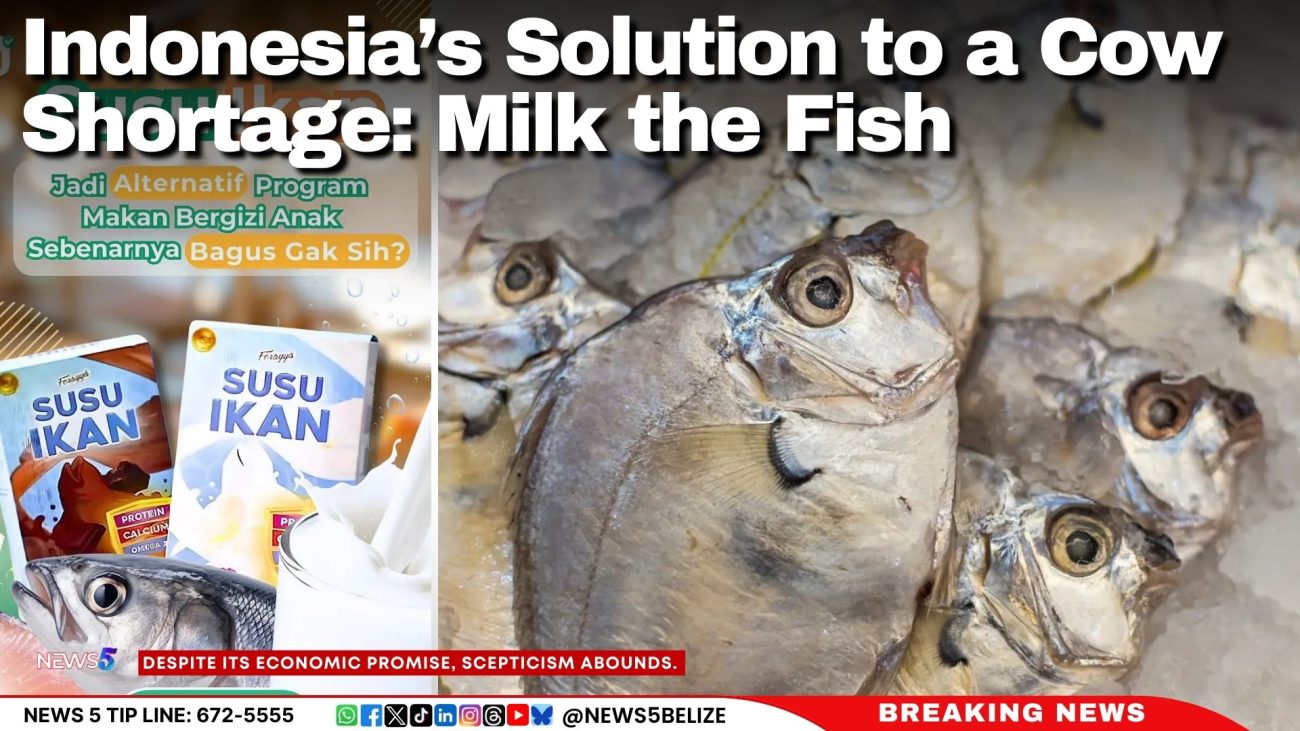Indonesia’s Solution to a Cow Shortage: Milk the Fish
Almond, oat, and coconut milk are well-known dairy alternatives—but fish milk? In Indonesia, this unconventional idea is making waves as the country faces a dairy cow shortage. Food innovators are now exploring powdered milk derived from fish as a potential solution, but opinions are divided.
In coastal regions like Indramayu, fishermen are hauling ponyfish to factories where the fish are deboned, ground into powder, and processed into a protein-rich product. To enhance its appeal, the powder is mixed with chocolate or strawberry flavours.
“It just tastes like normal milk, at least to me,” said Mafatihul Khoiri of the Berikan Protein Initiative, a company pioneering this approach. Advocates believe the so-called fish milk could create a $7.6 billion industry and provide jobs for 200,000 people, according to The Wall Street Journal.
Despite its economic promise, scepticism abounds. The Jakarta Post has criticised the innovation, calling it “more of a political distraction than a meaningful nutritional intervention.” Concerns include the milk’s micronutrient profile, bioavailability, and its ability to meet children’s dietary needs compared to traditional dairy.
Indonesia’s health minister, Budi Gunadi Sadikin, is also hesitant. “We can grow cows … Or we can import the milk from Australia. Or we can buy an Australian cow company or milk company,” he told the Journal. “There are many, many, many options to do before we are milking the fish.”
Globally, the idea of deriving protein from fish isn’t new. Fish collagen is commonly used in U.S. skincare products, and European scientists recently developed methods to reduce the marine odour of salmon protein powder. Rasmus Ree, a researcher at Norce, an EU-funded institute, called Indonesia’s experiment “potentially useful and hopefully economically viable.”
While some drinkers of the fish milk, like 23-year-old Rosaedah, have described it as “delicious,” nutritionists remain concerned about its heavy processing and added sugars. Still, for a coastal nation searching for alternatives to address protein shortages, fish milk represents an innovative—if contentious—step forward.







Facebook Comments